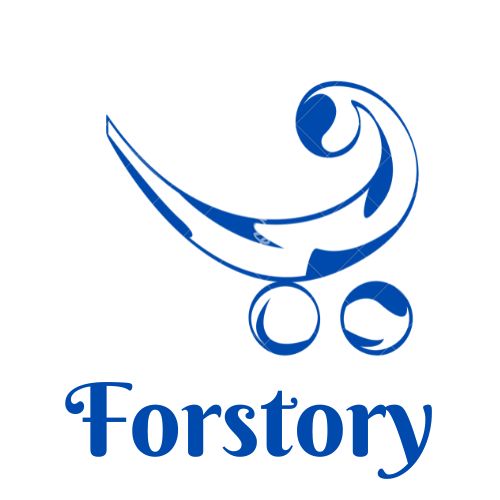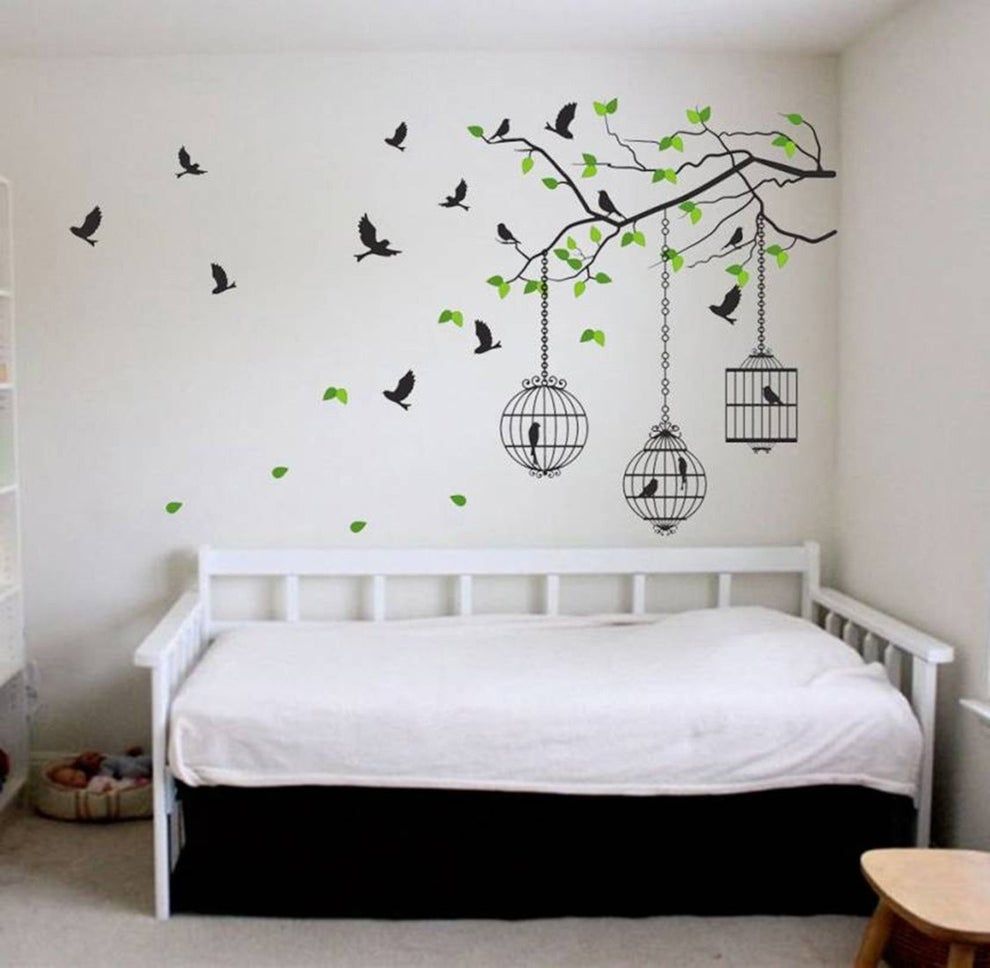Challenges to face while telling about your Drug Addiction
Challenges to face while telling about your Drug Addiction

Any medicine or substance that alters the way your body or brain operates is referred to as a drug. There are two types of drugs: legal (including alcohol) that you can buy over the counter or from a doctor, and illicit drugs. Both legal and illicit substances have the potential to cause addiction.
Addiction develops when a person’s urge to consume a substance becomes uncontrollable as a consequence of physical or mental dependence on the drug’s chemical. This is usually because the substance provides a happy or rewarding impact, or because it helps to alleviate unpleasant sensations (in the short term).
Is it true that all medications are addictive?
While not all drugs are physically addictive (meaning they cause physical withdrawal symptoms if you stop using them), they may nonetheless be psychologically addictive, meaning you become emotionally reliant on them.
What are the symptoms of drug abuse?
People can get addicted to a variety of substances, therefore there are several warning signals to be aware of. Here are some broad indicators to look out for if you’re worried you’re developing an addiction and fight them with the help of the Drug Rehabilitation Centre in New Delhi.
Signs of social and behavioral change
People who are addicted to drugs may:
- People who do not use drugs should be avoided.
- Avoid areas where you won’t be able to get drugs.
- rely on drugs to cope with emotional difficulties feel worried and lonely if they don’t use the substance regularly
- to deceive friends and family to conceal their drug usage
- having debts and financial difficulties
- To pay for drugs, people sell or steal items.
- taking risky risks, such as driving when impaired by drugs
- self-blame and low self-esteem, particularly after failing to quit and getting into legal difficulties.
Symptoms of illness
Even after the immediate effects of taking the substance have worn off, drugs and alcohol can create a variety of physical and mental health issues. These are some of them:
Depression, anxiety, hallucinations, attention issues, strange beliefs (e.g. paranoia, delusions)
Sexual dysfunction, memory loss, weight loss.
What options do I have for dealing with my drug Rehabilitation Centre?
If you use drugs regularly and exhibit some of the symptoms indicated above, you should consult a doctor or a mental health expert (such as a drug counselor or a psychologist) as soon as possible. Continued drug use may appear to be the only way to feel better, but it can have major implications, such as long-term mental and physical health problems, or even death.
Also Read: What is the most effective medication for treating joint pain?
Recognizing the problem is the first step in receiving addiction treatment. No one has the authority to compel someone to seek therapy for a condition they do not feel they have.
Consult a physician or other healthcare professional.
Try Drug Rehabilitation Centre in India, which will walk you through a few essential questions and help you locate the correct kind of care.
Don’t go cold.
Stopping drugs and managing withdrawal on your own may appear to be the simplest option. But it is the most challenging. Depending on the substance and the amount of addiction, it can also be physically harmful. Start with a trusted friend or family member if you don’t feel comfortable talking to a health professional.




